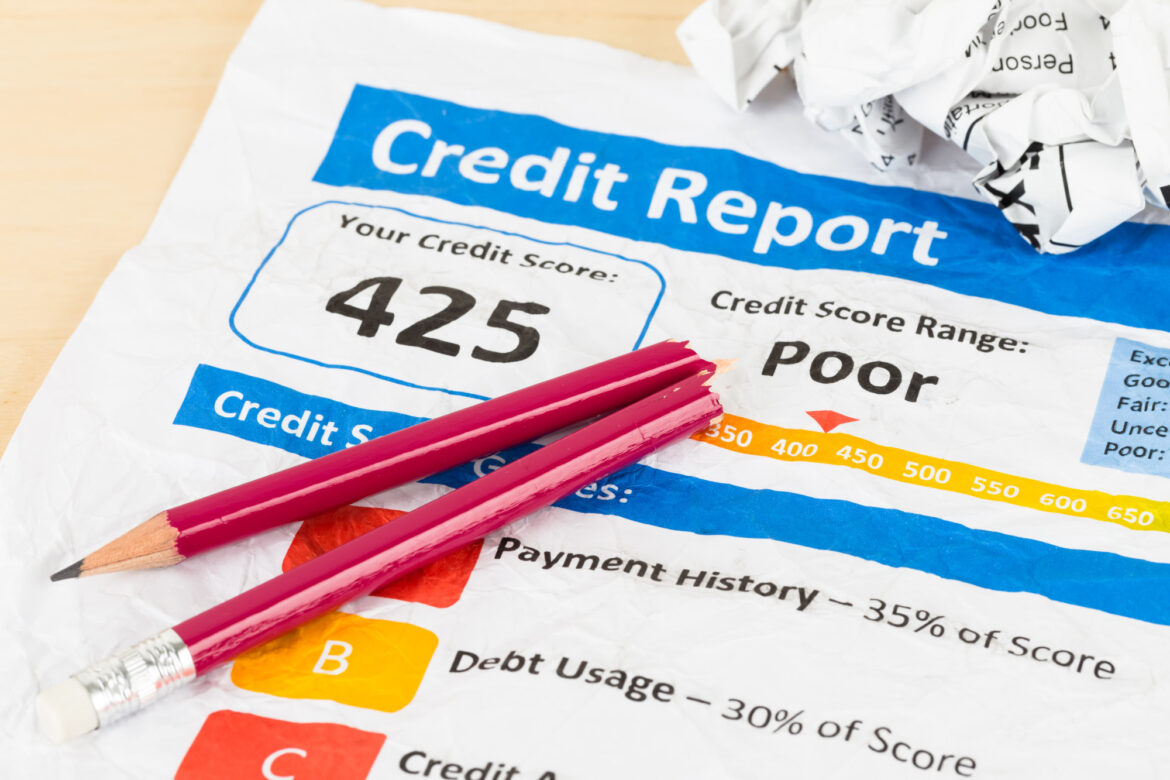7 Common Mistakes to Avoid When Improving Credit Scores
Are you looking to apply for a financial loan? Then one of the first things you need to revisit is your credit scores.
Interestingly, many lending institutions denied Americans of their loan applications during the pandemic. The main reason behind the rejections is the poor credit scores of the applicants. Moreover, 32% of the rejections were applications of millennials.
Regardless of your generation, improving credit scores is a must. The question is, how do you improve a low credit score?
Start by avoiding the most common mistakes that stop you from improving your positive credit scores. If you don’t know what they are, we invite you to continue reading.
1. Failing to Review Your Credit Report
The most common mistake you should avoid is not examining your credit report. This serves as the foundation of your strategy to bring your scores higher.
By reviewing your credit report, you will determine the factors affecting your scores. For example, your report may have some errors that need some correction to boost your scores.
The great thing about credit reports is that you can get a copy for free. You can head on to AnnualCreditReport.com to request a copy.
Alternatively, you can get one from any of the three biggest credit bureaus in the country. This includes TransUnion, Equifax, and Experian.
2. Making Too Many Balance Transfers
Do you make too many balance transfers too often? Then you need to cut the habit ASAP to get a high credit score.
Balance transfers look appealing to many people with their useful benefits. It helps you manage your outstanding balances by avoiding late payments.
Though the intent is good and the strategy may work, it can only do so for quite some time. As time goes by, the transfer fees will pile up. Soon enough, they will put you in more debt than you had before.
Additionally, avoid the mistake of not settling your big credit card balances. Even if you get to pay in time, you need to pay down those high balances. This is an instant red flag in the eyes of lenders once they look into your credit history.
3. Having Too Many Credit Card Applications
Do you have multiple credit cards? Or perhaps you’re looking to apply for a couple more? Better rethink your decisions, as applying for too many credit cards within a short time can hurt you.
Why do people apply for multiple cards? It’s because they want to enjoy the perks that come with the applications. They want to use the shopping discounts, and cash backs credit card companies offer.
Though these may seem appealing, they can negatively impact your credit score. For every application, creditors will check your credit standing before granting approval. As a result, the applications lower your credit history’s average age.
In turn, your credit score also goes down.
4. Closing Your Credit Card Accounts
Did you know that the average American owns at least four credit cards? If you own multiple credit cards, closing your accounts may seem tempting. However, doing so may hurt you in some aspects.
Instead of cutting all your accounts, make use of your positive credit card accounts. You can use them to boost your credit repair efforts.
Opting for a credit repair service may work, but killing your good credit card account will do you more harm. Doing so will damage the length of your credit history. Furthermore, it reduces your total credit limit while increasing your credit utilization rate.
5. Leaving Your Bills Unpaid
Improving credit scores also means becoming more disciplined in paying your bills. Thus, avoid missing out on your bills. This also covers your credit card and other loan payments.
When lenders calculate your credit score, they will look into your payment history. Incidentally, your payment history accounts for a third of your total credit score. Missing your payments or paying them past the due date affects your score.
Generally, you need to settle your dues within 90 days. Do you know what happens if you go beyond three months without settling your bills? Creditors will then mark your debt as “uncollectible.”
Also, try to avoid making only minimum payments on your credit card bills. This will only result in the accumulation of the interest rate. It will carry over to the next billing cycle and will cost you more money in the long run.
6. Disputing Almost Everything
We mentioned earlier the importance of reviewing your credit reports regularly. Though it is a must to dispute errors, disputing everything you see negative may work against you.
Disputing too many items in the report is not believable in the eyes of creditors. Moreover, disputing all items that you feel are detrimental to your cause may be troublesome. It may lead to a dismissal of all your disputes.
Thus, the key is to dispute only the erroneous items. Stay truthful when disputing and avoid touching your positive accounts. These accounts will work to your advantage later down the road.
7. Becoming a Loan Cosigner
Last but not least, avoid becoming another person’s loan cosigner. Being a cosigner is not bad per se. Its goal is to help someone secure approval for his loan.
This someone can be a close relative, friend, or colleague. The problem, however, is when the person fails to pay off his loan.
When you become a cosigner, you agree to shoulder a credit obligation if the lender is unable to pay. When this happens, it will reflect on your credit report. In turn, creditors will see this as another red flag.
Some people opt for a bad credit loan to get the funding they need. This may work, but nothing beats boosting your credit scores.
Go Beyond Improving Credit Scores
Improving credit scores involves doing the right things and avoiding the bad ones. By staying away from these mistakes, you can improve your credit score and secure your loan. However, you shouldn’t stop using credit cards wisely.
Check out our other blog posts and learn other ways to improve your financial standing.




